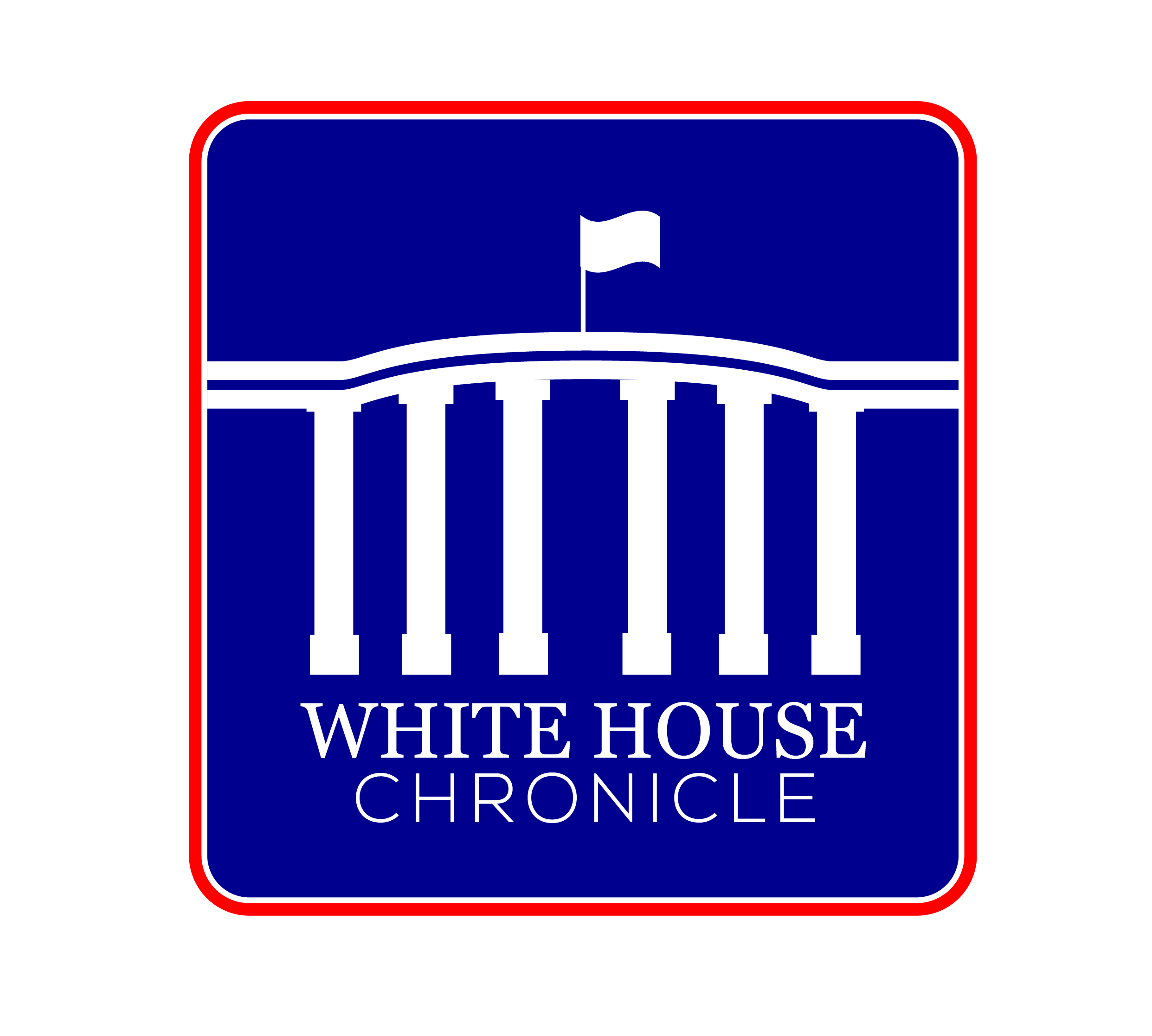Myths are part of the fuel of foreign policy. The Roman Empire was driven by the myth of its own invincibility. The British Empire was driven by the myth of British superiority. Wherever they raised the Union Flag, the British believed they brought civilization; defined by laws, social order and Christianity. Ditto the Romans, but they did not export their religions.
Sometimes myth is reality. And sometimes it is just that: myth. Here are some of the prevailing myths that dominate our policy debate:
The first myth is that the United States is the freest country in the world, and that our freedom imposes a moral obligation to export it to the rest of the world. Reality: We enjoy great freedoms in the United States, but they are not notably greater than the freedoms enjoyed by people in Canada, Scandinavia, and many other functioning democracies. Australians, for example, do not feel deprived of freedom any more than Arkansans do.
A second myth is that nothing works in countries whose social order is left- of-center. By and large, Europe works very well and its people enjoy standards of living that are comparable or superior to people living in the United States. The French may need to pull their socks up and work a bit harder, but do the British or the Finns?
A third myth is that hundreds of millions of people around the world are yearning for democracy. China and Russia are powerfully indifferent to democracy. Both are huge players and in the world and will shape the future of it. But they will not do so at the ballot box. People who yearn for a democratic future tend to set up governments in exile to propagandize their situation. This is an option open to the Chinese, and not since the uprising in Tiananmen Square has there been any indication that the Chinese are anything but satisfied with what they have. Many Chinese intellectuals told me in Beijing, and around the country, that they consider their form of communistic mercantilism “a third way.” Russia is moving away from democracy without a fight.
Wherever there are Muslim majorities in the world, from Morocco to Indonesia, there are dissident movements. But many are not seeking democratic governance. They are seeking governance under sharia law.
Another powerful myth, favored by progressives everywhere, is that multiculturalism increases creativity and productivity. Periods of great creativity around the world suggest that there is as much output by homogeneous societies as there is by multicultural ones, and maybe more. In Japan, China and much of Europe, the periods of the greatest output have been in times of homogeneity. This is hard to gauge in the United States, which has always been a multi-ethnic nation.
The myths that govern us that have an historical basis, tend to be myths favored by conservatives. Liberals tend to favor myths that are speculative and have no track record. These include the myths surrounding energy and the environment; and the myth that universal comity is possible, if it is fostered.
Myths are essential in the national enterprise, but they move from asset to liability when they are transformed from mythology to inflexible doctrine. Great leaders are men and women who add to mythology and do not govern by it–for example,Winston Churchill, Margaret Thatcher, John F. Kennedy and Ronald Reagan. All four leaders used mythology for their purposes and created new myths for their successors.
The most pervasive myths are the ones that we live by; the market is infallible (So why did Mozart die a pauper?); sport builds character (as long as steroids are available); organic food is better than other food (There is no such thing as inorganic food.); American football is innately superior to soccer (Tell them in Brazil.).







